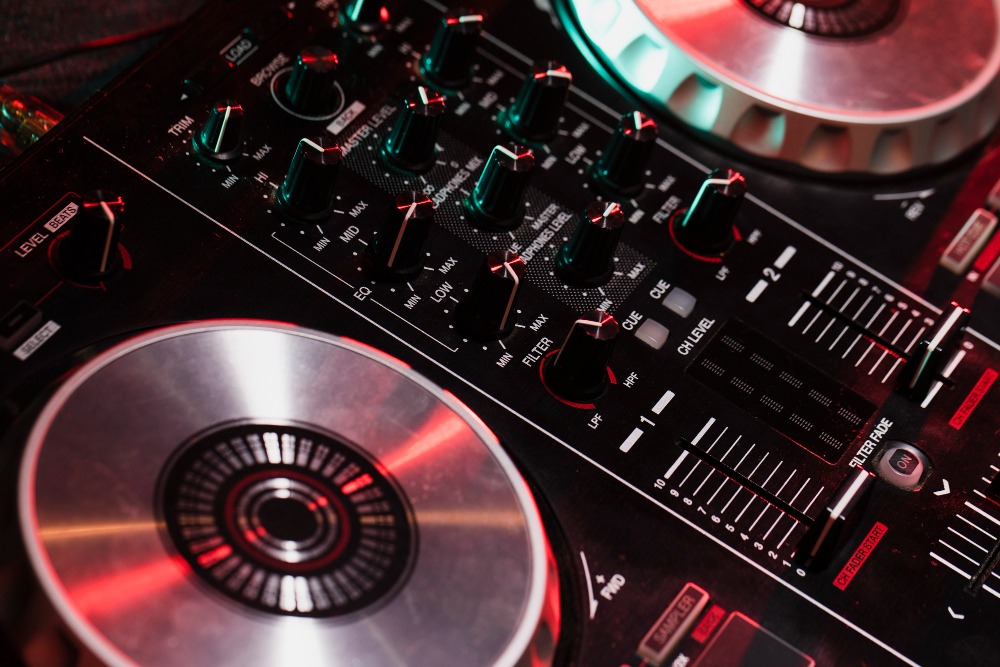
How the Recent India-Pakistan War Disrupted the DJ Scene
The India-Pakistan war didn’t just disrupt borders. It shook the very core of the entertainment industry—especially the DJ scene.
What was once a vibrant, buzzing culture of live music, dance floors, and cross-border creativity is now struggling to stay afloat. In both countries, DJs, promoters, and nightlife lovers have witnessed an abrupt change. Events were cancelled. Artists bookings were postponed. Creativity took a backseat.
This blog explores how the recent conflict impacted the DJ scene, and what it means for the future of local artists, cross-border events, and global collaborations.
DJ Events Cancelled Across Major Cities
The most immediate blow was the sudden cancellation of events across cities like Mumbai, Delhi, Karachi, and Lahore.
Promoters stopped marketing new shows. Clubs halted weekend gigs. Government warnings and safety concerns forced venues to shut down temporarily.
People were reluctant to attend live music shows. Security concerns, coupled with a nationwide mood of anxiety, led to empty dance floors.
This directly impacted DJs in India and Pakistan. Their earnings dropped. Regular artist bookings dried up.
Many full-time local artists had no backup income. Small-time DJs, who relied solely on club nights, suffered the most.
Cross-Border DJ Collaborations Came to a Standstill
Before the conflict, a niche but promising exchange existed between Indian and Pakistani DJs. Collaborations were growing. Joint sets at neutral venues like Dubai, Colombo, and Kuala Lumpur were gaining attention.
These cross-border gigs boosted visibility. Some local artists even built followings on both sides.
But with the war, that momentum collapsed overnight. Tightened visa rules and diplomatic tension made collaboration impossible. All travel plans were halted. Scheduled artist bookings were cancelled indefinitely.
Even digital partnerships—like remix swaps and livestream DJ duets—were paused. Political tension erased the trust built through years of music.
International Events Avoided Booking Indian and Pakistani DJs Together
Global events that once welcomed South Asian talent became cautious.
Worried about backlash or controversy, many international promoters stopped booking Indian and Pakistani DJs on the same roster. This included global music festivals, diaspora weddings, and NRI-organized shows.
Previously, these events were a reliable source of income for many DJs in India. The war fractured this space.
Even in places like London, Toronto, and Dubai—where fans came for the music, not politics—singers, DJs, and artists from both countries were suddenly seen through a political lens.
This divide caused many local artists to lose key gigs abroad.
Online Collaborations and Social Media Projects Broke Down
Even in the digital space, the DJ scene wasn’t safe.
Instagram lives, remix challenges, and collaborative SoundCloud releases had become a way for local artists to grow. These platforms allowed creative minds to interact across borders.
But war changed that dynamic. Trolls began targeting artists who had previously collaborated across nations. Even those who simply liked posts from across the border faced harassment.
As a result, many DJs deleted old collaborations or stopped engaging online. Fear of backlash silenced creativity.
Some platforms shadowbanned accounts. Others flagged political content. The flow of content—essential to the dj scene—slowed dramatically.
Bookings Dried Up For Local DJs and Singers
With events cancelled and tension high, local artists—especially newcomers—lost their stage.
Wedding planners and club owners pulled back. Even birthdays, corporate parties, and brand launches reduced artist bookings.
Smaller towns saw a bigger impact. In places like Jaipur, Chandigarh, Multan, or Faisalabad, many DJs play 3-4 gigs a week. Those stopped overnight.
Aspiring singers and live music performers also saw their momentum vanish.
Social media hype, which fuels new talent discovery, dropped. Event managers chose safe, known acts—hurting chances for unknown or upcoming DJs in India and Pakistan.
DJs Abroad Felt the Conflict Too
This wasn’t just a South Asian problem.
DJs from India and Pakistan, living or touring abroad, also felt the pressure. Their fanbase—especially diaspora youth—was divided. This made crowd reactions unpredictable.
A Pakistani DJ playing in Canada received hate messages for playing Bollywood remixes. An Indian DJ faced trolling for a collaborative set with a Pakistani singer in Dubai.
Global events became cautious. Brands avoided political flare-ups. Media scrutiny added to the tension.
This created emotional fatigue for artists abroad, many of whom just wanted to focus on their music.
Mental Health Crisis Among DJs and Artists
Beneath the headlines, an emotional toll is rising.
DJs, singers, and local artists often use music to express emotion and connect with fans. The conflict made it difficult.
Some artists reported burnout. Others described anxiety or depression. Their livelihood vanished overnight. Their passion suddenly felt risky.
Without regular gigs, many struggled financially. Creative energy faded.
Communities that once danced together began to take sides. Live music events, which once united people, felt tense or political.
This emotional toll was perhaps the most silent, yet most damaging disruption to the dj scene.
Rising Support for Local Talent in Safe Zones
While the national scene slowed, some regions tried to adapt.
In relatively peaceful areas, local artists saw small but steady support. Community-based venues began spotlighting homegrown talent. Private house parties hired DJs who had lost club gigs.
Online platforms launched virtual sets and fan-driven live music nights. Some indie clubs in Goa, Kochi, Islamabad, and Peshawar experimented with hybrid formats.
These weren’t massive comeback events. But they offered a lifeline to struggling DJs and singers.
People rallied behind their favorite local artists, helping them stay active during the crisis.
Brands and Sponsors Pulled Back From the DJ Scene
Sponsorships fuel a lot of events in the DJ scene.
Alcohol brands, mobile companies, fashion labels—all rely on DJ gigs to build cool, youth-focused campaigns. But after the conflict, most pulled out.
They feared PR backlash. Any association with Indian or Pakistani artists could seem political. The result? Fewer big-budget events, fewer paid gigs, and more stress on promoters.
This directly impacted artist bookings. Even established names saw their fees cut. Smaller DJs were dropped from lineups completely.
The DJ scene became financially unstable, even in cities like Bangalore and Islamabad.
A Pause in the Creative Evolution of South Asia’s DJ Scene
Perhaps the biggest loss was creative.
The dj scene in India and Pakistan had been evolving fast. New genres were emerging. Regional languages blended with electronic beats. Cross-border duets went viral.
This war brought all of that to a halt.
The creativity born from diversity was stifled. Fear replaced exploration. Silence replaced sound.
Young DJs who once dreamed of collaboration now fear controversy. Experimentation—so essential to art—was put on hold.
For now, South Asia’s DJ scene is paused. But that doesn’t mean it’s gone.
Final Thoughts: Music Can Still Heal
The dj scene may be on pause, but its heart is still beating.
In both countries, local artists are waiting. Fans want the music back. Promoters are hoping to rebuild. When peace returns, so will the sound.
The DJ in India and Pakistan isn’t just an entertainer—they are a storyteller, a bridge, a voice of the youth.
And while war may silence the beat, it can never kill the spirit.
When this ends—and it will—the DJ scene will rise again. Louder. Stronger. And more united.
Festivals in Mumbai have always been larger than life. The city comes alive with music, rituals, and
Behind every unforgettable DJ set at a packed venue stands someone making it all happen behind the s
In the world of event management, success doesn’t happen by accident. It starts with one power





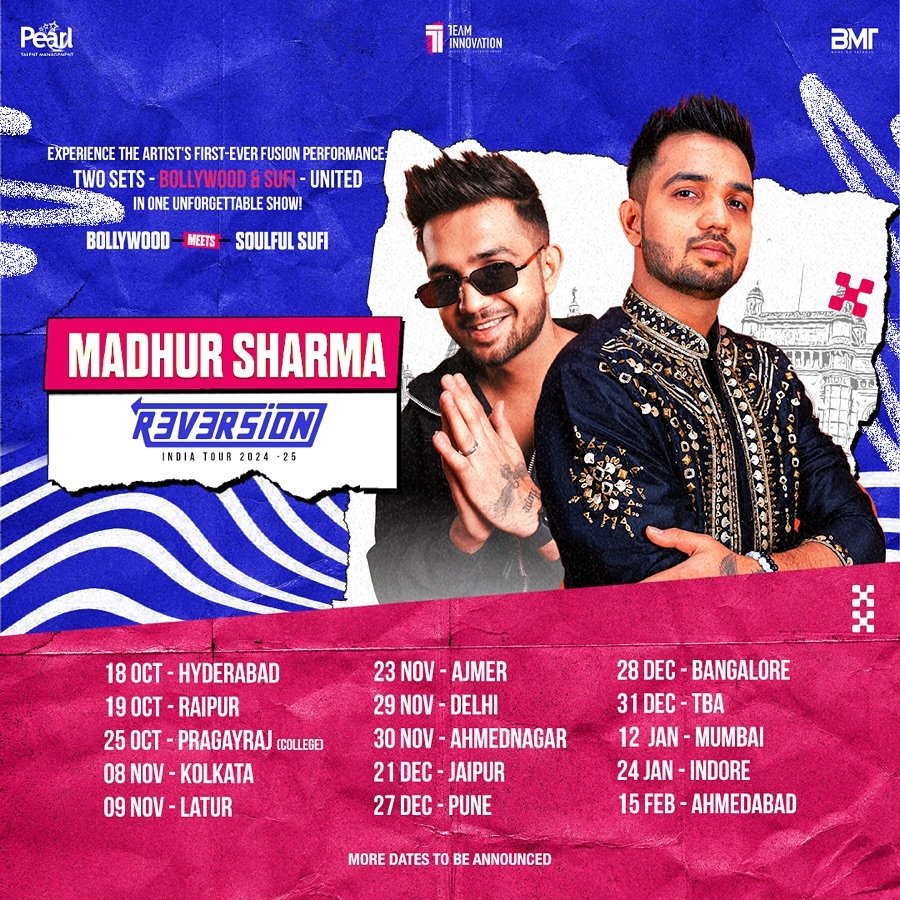
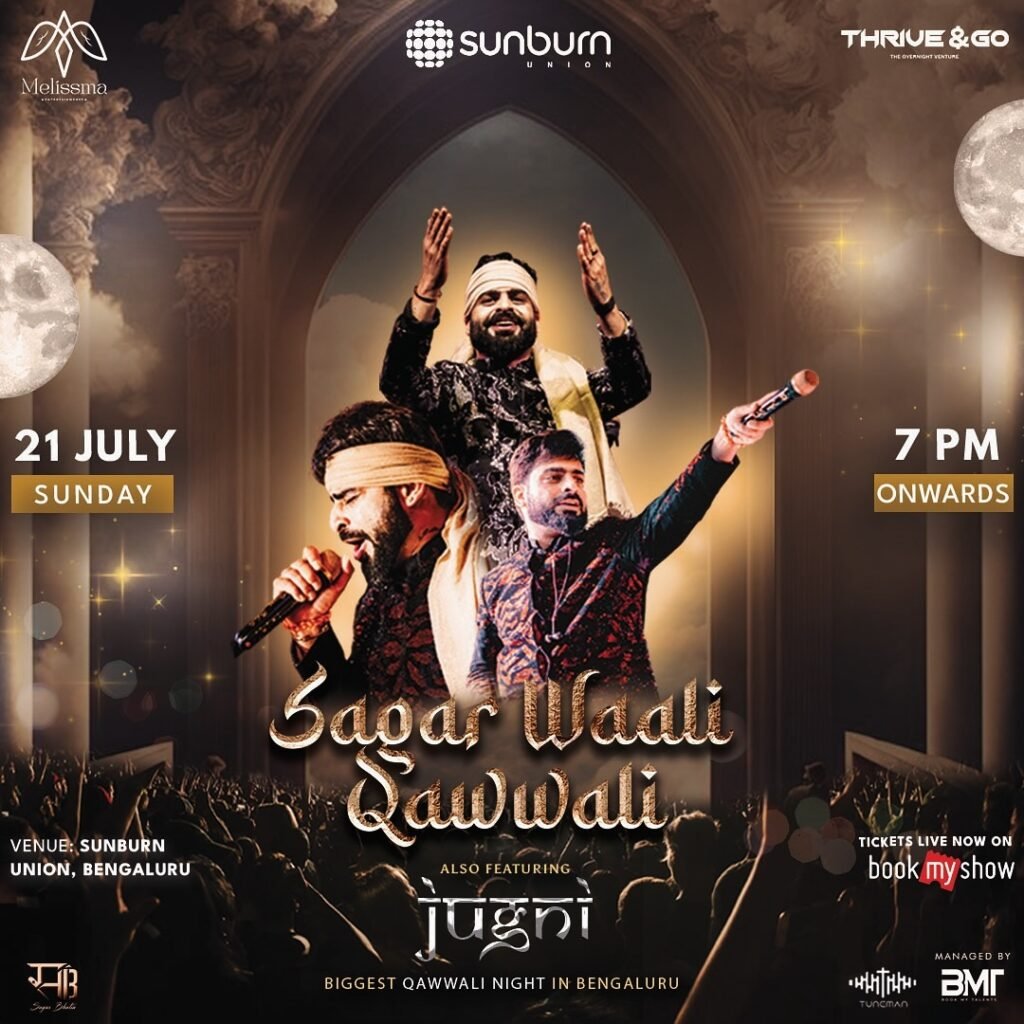
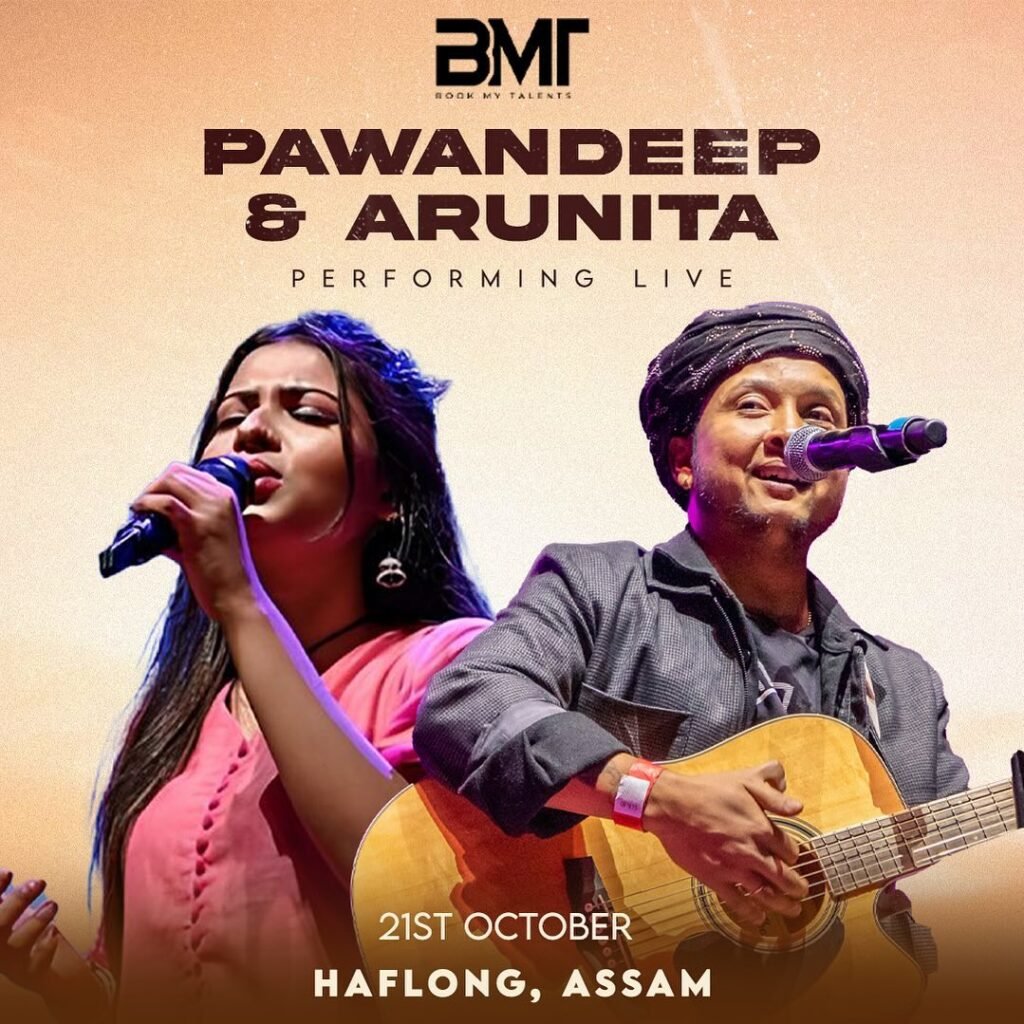

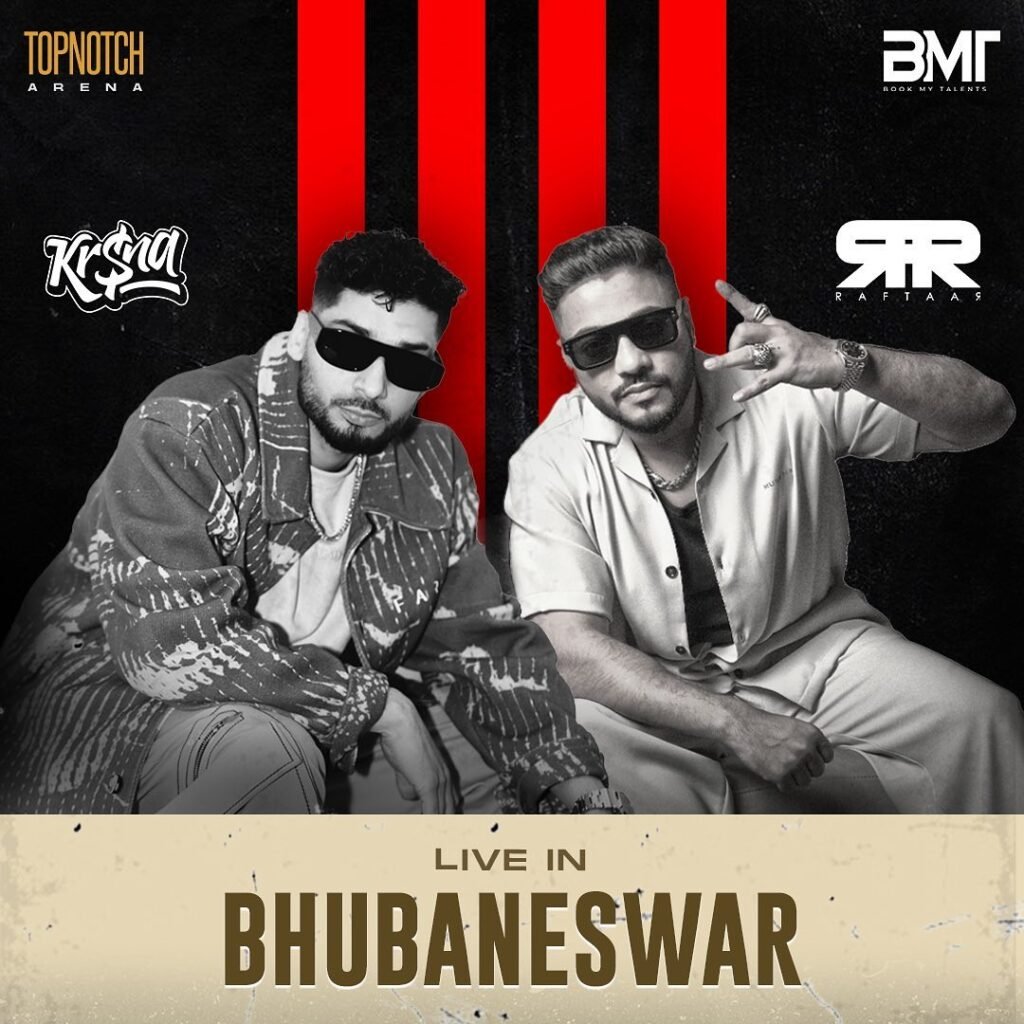
Leave a Reply